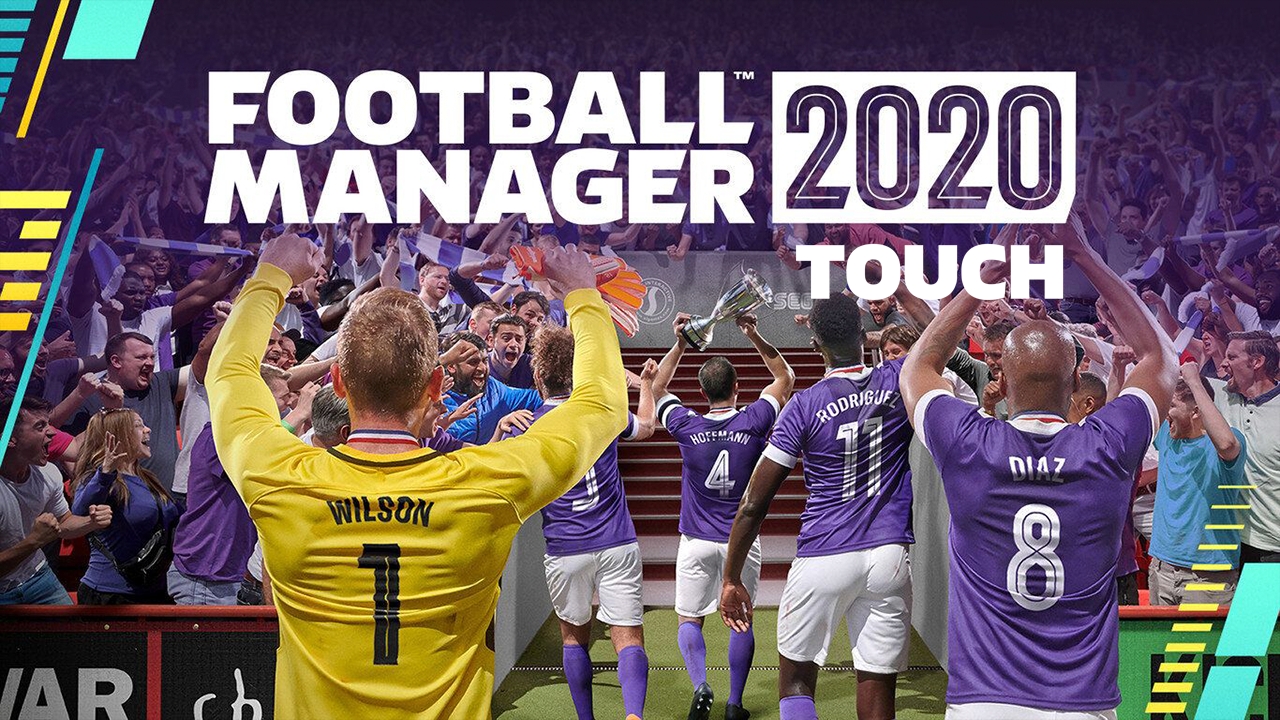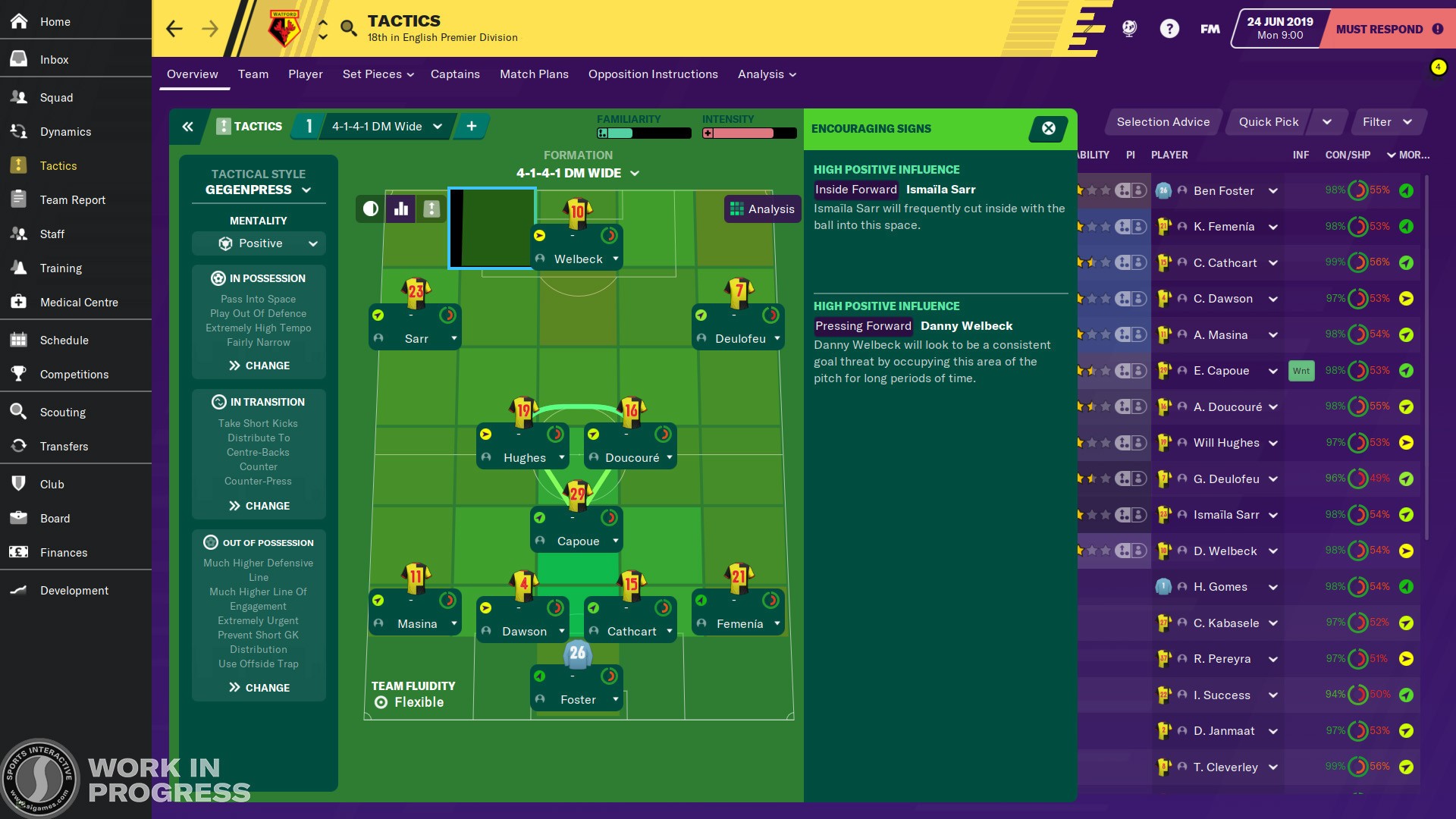

and Mesquita, Ribeiro, Santos, Morgan 6 6 Mesquita I, Ribeiro J, Santos S, Morgan K.

Understanding sports coaching: The social, cultural and pedagogical foundations of coaching practice. Cassidy, Jones, and Potrac 5 5 Cassidy TG, Jones RL, Potrac P. A formação profissional das técnicas de ginástica rítmica. Football coaches' development in Brazil: a focus on the content of learning. However, the formal coach education programs, with pre-defined content to be followed in classes do not seem to meet all particular demands that each coach has in this competitive context 3 3 Tozetto AB, Galatti LR, Scaglia AJ, Duarte T, Milistetd M. The Practices and Developmental Pathways of Professional and Olympic Serial Winning Coaches. The competitive sports environment requires high dedication from coaches, who need to be constantly learning, reassessing practices, making decisions, and reflecting in order to maintain and achieve their results and goals 2 2 Lara-Bercial S, Mallett C. An integrative definition of coaching effectiveness and expertise. In the sport performance context, the search for better results demands excellence in athletes’ preparation and, consequently, highly qualified coaches to conduct the training and competition processes 1 1 Côté J, Gilbert W.

Organizational learning sports coaches soccer elite club team sports Moreover, we may characterize the Club as an authentic learning organization due to the promotion of a safe work environment that stimulates coaches’ engagement in the Club’s organizational culture and enables adequate communication and the constant update through courses and meetings. Conclusion:ĭata allowed us to identify the important contributions of this Club in continued ongoing coach development. Three support schemes and their respective pillars of action were identified: a) Mentoring and meeting - Assistance among coaches, discussions with coaching staff, and free theme meetings b) Incentive for continuing education c) Club Pillars - Club goals, continuity of coaches, evaluation of coaches. After transcribing data from semi-structured interviews with coaches and technical coordinators, they were analyzed using the QSR Nvivo 9.2 software. Methods:Įight coaches and four technical coordinators from a Brazilian elite club participated. The aim of this study was to identify the strategies adopted in a football club to support coaches’ development.


 0 kommentar(er)
0 kommentar(er)
